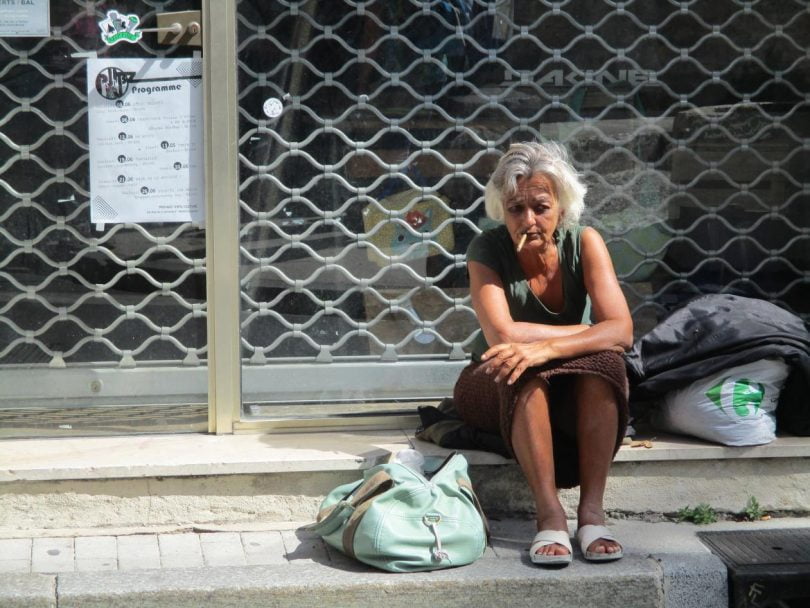Volunteers from the Darlington Salvation Army food bank have revealed that homeless women cannot afford sanitary products and are too embarrassed to ask for help. Therefore, they are forced to use newspapers, old socks and handkerchiefs in place of proper sanitary protection.
In light of this, Binti, a new social enterprise, aims to promote menstrual dignity for British women while sleeping rough numbers rise across the UK.
Binti is working with women sleeping on British streets and those taking refuge in domestic violence shelters, and handing out free or affordable tampons and sanitary towels, as well as other donated hygiene products.
This is incredibly important for women, especially for those struggling financially or without a home. It is important for women to have access to these essential items each month to prevent embarrassing situations or the staining of clothes. It is a natural part of life, a woman menstruating, and as such, it should not be that there is a 5 per cent tax on the things females need to combat this. It is a natural bodily function, and something women cannot help, that happens once a month.
The campaign must be supported
It should be provided at homeless shelters, much in the way that homeless shelters can request free condoms from the NHS. However, at the moment shelters are unable to do this with sanitary products, meaning that they are only able to give them out to women in need. Furthermore, this is only the case if they have spare funds to buy them or they are donated by the public.
This is what the Homeless Period campaign is trying to call on the government to change; and I for one, fully support it. Just because someone finds themselves on the streets, does not mean they should be treated like a second-class citizen and denied access to fundamental feminine hygiene products. As long as they are classed as a luxury product, and subject to the 5 per cent tax, this stigma will remain.
I believe it will be grassroots campaigns such as the ones mentioned above, that will really drive a change within the government and get them to stand up and notice and address the issue. For example, the Homeless Period Campaign, has a petition on change.org and has now passed its goal of 100,000 signatures and is now seeking an MP to take it to parliament.
Raised the issue of 'the Homeless Period' in Parl today. Proud to be working with awesome @lauracoryton on this campaign. Watch this space!
— Paula Sherriff MP (@paulasherriff) December 8, 2016
This is a huge step in the right direction for getting homeless women the sanitary products they need to live a healthy life, without having to worry every single month.
If you would like to support the campaign to get women access to free sanitary products you can sign the petition on sanitary brands to support The Homeless Period Campaign.









